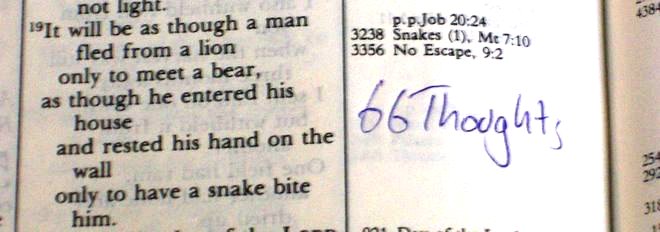
I am struck by a couple of things in the life of Samuel as a child that are significant in shaping and moulding his life and ministry. 1 Samuel chapter 3 opens by telling us that “the boy Samuel ministered before the Lord under Eli.” It then goes on to state that “the word of the Lord was rare”...God was not speaking to Israel. Eli, the High Priest had grown old, tired and fat....his sons were screw ups and he was neglecting his duties as High Priest. Samuel slept in the tabernacle “where the ark of God was” and the lamp of God had not yet gone out. (Eli as high priest was supposed to tend the lamps so that they never went out – see Lev 24:4)
The Jewish historian Josephus notes that Samuel was twelve years old at this stage and his mother had set him apart with a “Nazarite vow” – a vow that consecrated him apart the same way as the priests were.
Samuel was comfortable in the presence of God...he slept in the tabernacle with the Ark of the covenant, representing God’s glory and the altar of incense where the prayers of Israel symbolically rose to God. Samuel slept as close to the presence of God that anybody could without being deep-fried...the other side of the curtain was off limits – except to the high priest – once a year on the day of atonement – with a rope tied around him so that his friends could drag the body out if God zapped him. This is where Samuel slept for some years as a young child...comfortable close to God.
Perhaps this willingness of the young Samuel to draw close to God’s presence was the catalyst for God revealing Himself to him. Samuel had to have a few attempts to properly hear from God...but the old man Eli eventually figured out that God was trying to speak and instructed the boy how to respond.
1 Samuel 3 closes with a remarkable verse (v19)...”The Lord was with Samuel as he grew up, and He let none of his words fall to the ground.”
Perhaps when we spend time close to God – maybe even just resting – that He will speak to us and gives us words to speak to people that are precious and worth protecting.


